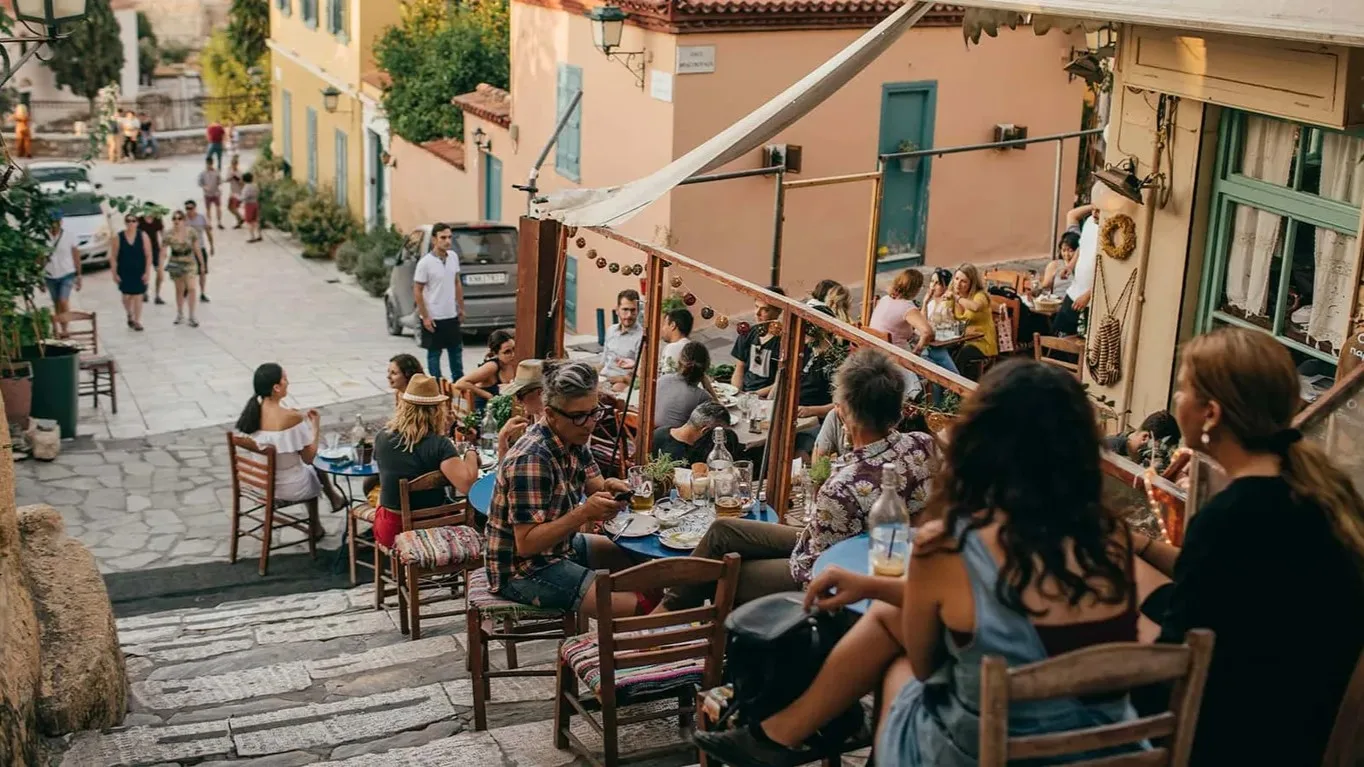As Greece braces for a record-breaking summer, the hospitality sector is scrambling to find workers, theguardian.com, has reported. A sign outside the Karyatis taverna beneath the Acropolis reads: “Seeking staff, chefs, waiters, kitchen personnel.” It’s a familiar sight across the country.
Tourism, which accounts for 25% of Greece’s GDP, faces a labour gap of around 80,000 positions in hotels and restaurants. “It’s becoming harder and harder to find employees,” says Dimitris Stathokostopoulos, who co-runs the taverna. Many Greeks now opt for office jobs with fixed hours, avoiding demanding seasonal work.
The shortage, partly a legacy of the COVID-19 pandemic, is particularly severe in popular destinations like Crete and Rhodes, where businesses are luring staff from rivals with better wages and benefits. Giorgos Hotzoglou, president of POEET, warns the lack of qualified workers is unprecedented. Many who left the sector during lockdowns haven’t returned, discouraged by its seasonality and limited unemployment support.
Other sectors like construction and agriculture are also struggling with workforce gaps, exacerbated by demographic decline and the emigration of over 500,000 Greeks during the financial crisis.
To ease the crunch, the government has moved to legalize 30,000 undocumented migrants and struck labour agreements with countries like Egypt, India, and Vietnam. Asylum seekers are also entering the workforce through new training programs.
Despite tough migration rhetoric, officials acknowledge the need for foreign labour. “It’s inconceivable that we’re discussing an increasing number of deportations,” says Sofia Kouvelaki of the Home Project, citing future labour demands.
With tourism projected to hit 40 million visitors by 2028, Greece is hosting international job fairs and urging expatriates: “Come back. The Greek economy is not what you remember. It’s doing very well.”
Source: theguardian.com
